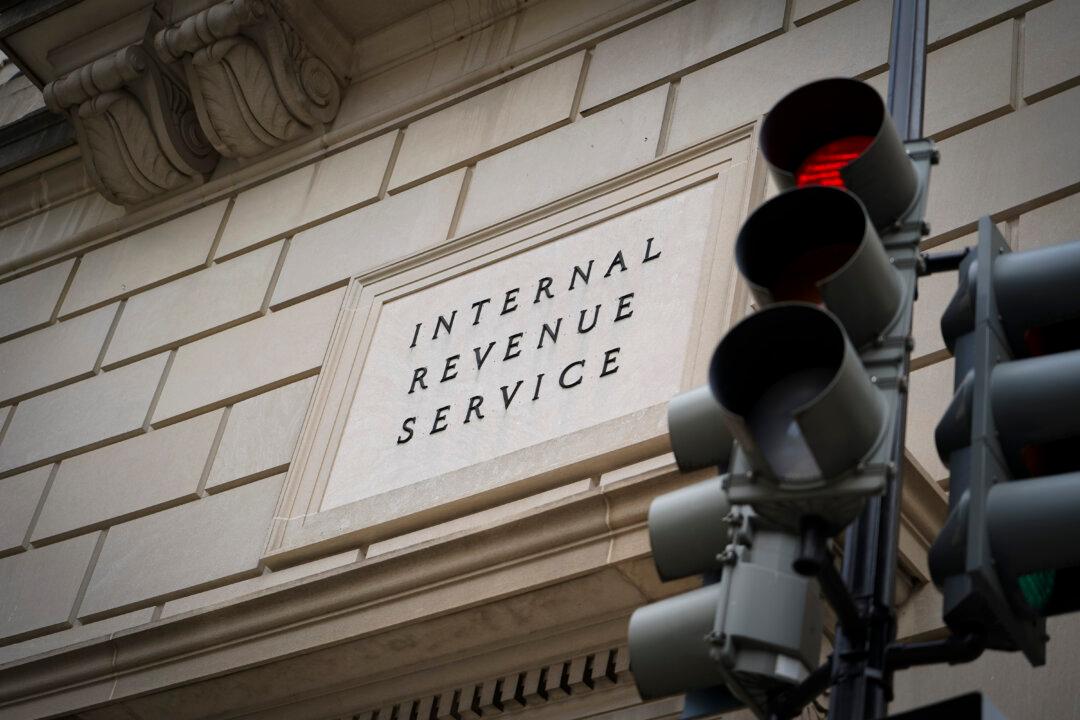The Internal Revenue Service (IRS) has issued new guidance regarding the federal tax treatment of various state payments and refunds, expanding the tax-free treatment of stimulus check payments to those received in 2023.
The new guidelines, issued on Aug. 30, build on and clarify previous guidance issued on Feb. 10, which said that most relief checks issued by states in 2022 didn’t need to be reported on 2022 tax returns.





